Tag
economic development
Economic activity is a crucial part of a healthy community, whether it’s access to quality jobs for residents, business support, or a functioning, diverse range of retail options.
The Latest
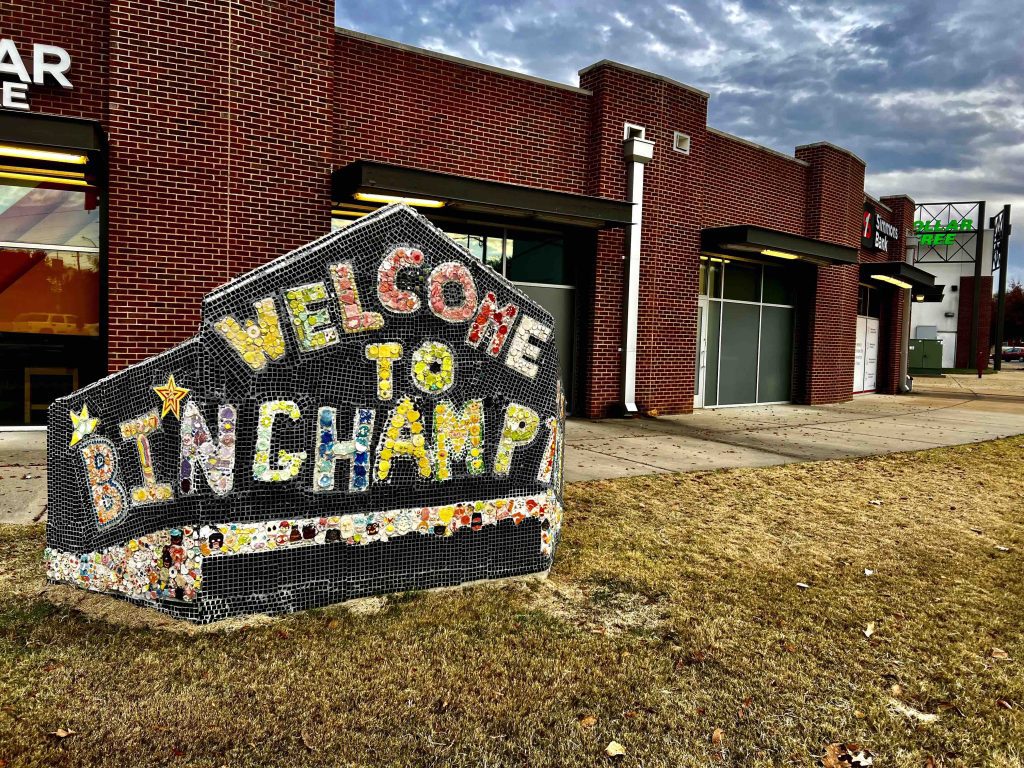
Memphis Is Shrinking. Here’s Why We Need to Change That
Memphis is struggling with a dwindling population, driven in part by a high crime rate and disinvestment in low-income areas of the city. What are local organizations doing to turn this around?
Search & Filter Within this Topic
filter by Content Type
filter by Date Range
search by Keyword
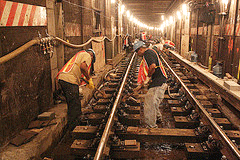
Local Leaders Just Gained a New Tool to Address Inequality
A new Brookings Institution analysis confirms what we are feeling: inequality continues to climb in cities, and large income gains at the top are not lifting up incomes near the […]
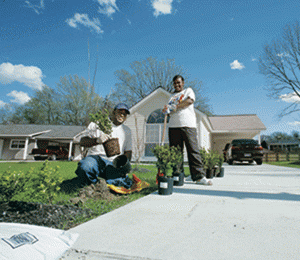
Carrots, Sticks, and Economic Justice
Once upon a time, I saw the problem of providing responsible financial services as purely a policy problem. We needed better rules, ones that require that all people, even those […]

Can We Bend the Sharing Economy Toward Equity?
For all of its promises to increase prosperity and sustainability, the so-called “sharing economy” has a serious dark side.
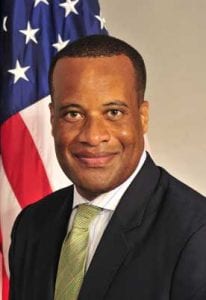
Interview with Jay Williams, Assistant Secretary of Commerce for Economic Development
Jay Williams was the mayor of Youngstown, Ohio, from 2006 to 2011, at a time when Youngstown was attracting notoriety for making the unusual assertion that, rather than longing for its bygone glory days before the steel mills closed, it was going to embrace a vision of becoming a smaller, yet more vibrant city. (See Shelterforce’s “Small Is Beautiful, Again”, for more on this approach and how it affects low-income residents.) Williams is now assistant secretary of commerce for economic development, and administrator of the Economic Development Administration. Prior to joining the U.S. Department of Commerce, Williams served as the executive director of the Office of Recovery for Auto Communities and Workers, and he also served in the White House as deputy director for the White House Office of Intergovernmental Affairs. In this position, he led efforts to engage mayors, city council members, and county officials around the country.
Shelterforce spoke with Williams at the conference of the National Alliance of Economic Development Associations last fall in San Antonio.
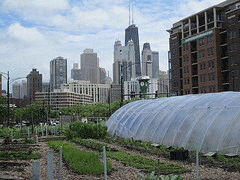
Control of Farmland, City Style
I have thought a lot lately about the issue of land ownership for farmers, and the barriers they face to buying land so they can plan for growing their business and serving more food consumers. This issue really matters on the edges of metropolitan areas, where farmers can find lucrative markets for their products and […]

Clearing a Path to Employment for Veterans
Veterans tend to have many job skills—but translating that into civilian employment is often harder than it should be.
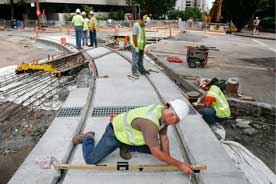
Sprawl vs. Unions
The three very different stories of the building trades in Atlanta, Denver, and Portland, Ore., show just how much urban development patterns affect workers.

Forget Red and Blue States: Go Green for Better Jobs, Health, and Environment
How do you win an election in any red Southern state? If you are running as a senator, the conventional wisdom is you condemn government as an enemy of working families.
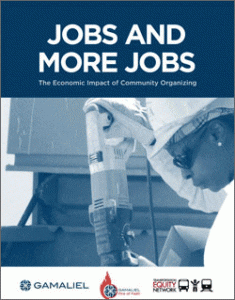
Jobs and More Jobs:Â Organizing’s Economic Impact
In the report, “Jobs and More Jobs: The Economic Impact of Community Organizing,” Gamaliel community organizers add up $13 billion worth of public and private programs that faith, community, and labor leaders worked to create or save through their advocacy efforts in 2012-13, employing nearly 460,000 people. Using commonly accepted economic formulas to measure the […]
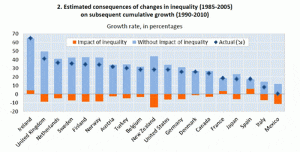
Say It Loud: Inequality is Bad for Everyone
There is an invisible culprit in the great scandal of inequality in America: your Econ. 101 textbook. Go ahead, dig it out from that storage chest, and undoubtedly you’ll read that inequality, while we might not like it, is good for economic growth and progress. This idea has undergirded decades of policymaking, and […]
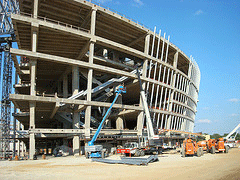
How Much Money Is Your City or State Losing to “Economic Development?”
Have you ever wondered how much money your city or state is actually losing when it gives a 20-year tax break to a developer in exchange for a handful of jobs? You might soon be able to find out. As Shawn Escoffery of the Surdna Foundation and Greg LeRoy of Good Jobs First explain in […]
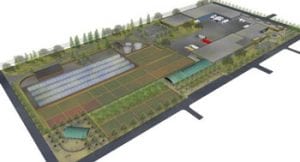
Hubs Help Move the Local Food Movement to the Next Level
It’s not unusual to read a press release from a governor’s or mayor’s office celebrating a deal to bring a new company to a neighborhood or city. Typically we’d be talking about a new manufacturing or tech firm, and the press release would speak glowingly of the prospects for economic development. Which makes a bit […]
